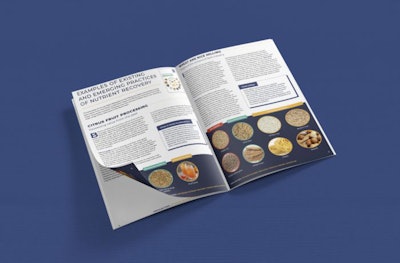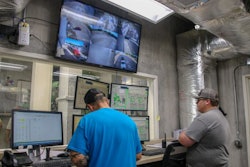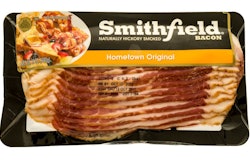
Publication showcases the European feed industry’s practical interpretation and illustration of the circular feed concept.
The European Feed Manufacturers’ Federation (FEFAC) has released its new publication on “Circular Feed – Optimised Nutrient Recovery Through Animal Nutrition.” The publication showcases the European feed industry’s practical interpretation and illustration of the circular feed concept, providing current examples of how the sector contributes to recovering nutrients from the circular economy.
FEFAC invites regulators to proceed with a systematic review of legislative bottlenecks in the EU regulatory framework which restrict a higher level of circularity in EU food systems through innovative animal nutrition solutions.
“The upcycling of nutrients through farm animals, converting secondary raw materials to highly bioavailable nutrients for human consumption, is an important part of our license to produce as European feed manufacturers,” said FEFAC President Asbjørn Børsting. “We can provide many concrete examples already today, allowing us to increase the share in feed formulations of circular feed, not competing with direct human food use. However, we recommend a critical review of current bottlenecks in the EU regulatory framework that restrict circularity in EU food systems through animal nutrition, to allow for further optimization of our circular economy potential in the forthcoming EU Sustainable Food Systems Framework.”
FEFAC points to the essential need to obtain market and consumer acceptance of the future transition of European feed manufacturing, assisting the livestock and aquaculture sectors to become part of more circular, low-carbon food production systems. FEFAC also advocates for setting up a clear hierarchy for nutrient-rich biomass, prioritizing the food chain use of nutrients over non-food use. FEFAC members are highly concerned about financial incentives and policy pressure to boost bioenergy production, which in certain cases causes valuable residual biomass flows to be lost from the food chain to energy production.














